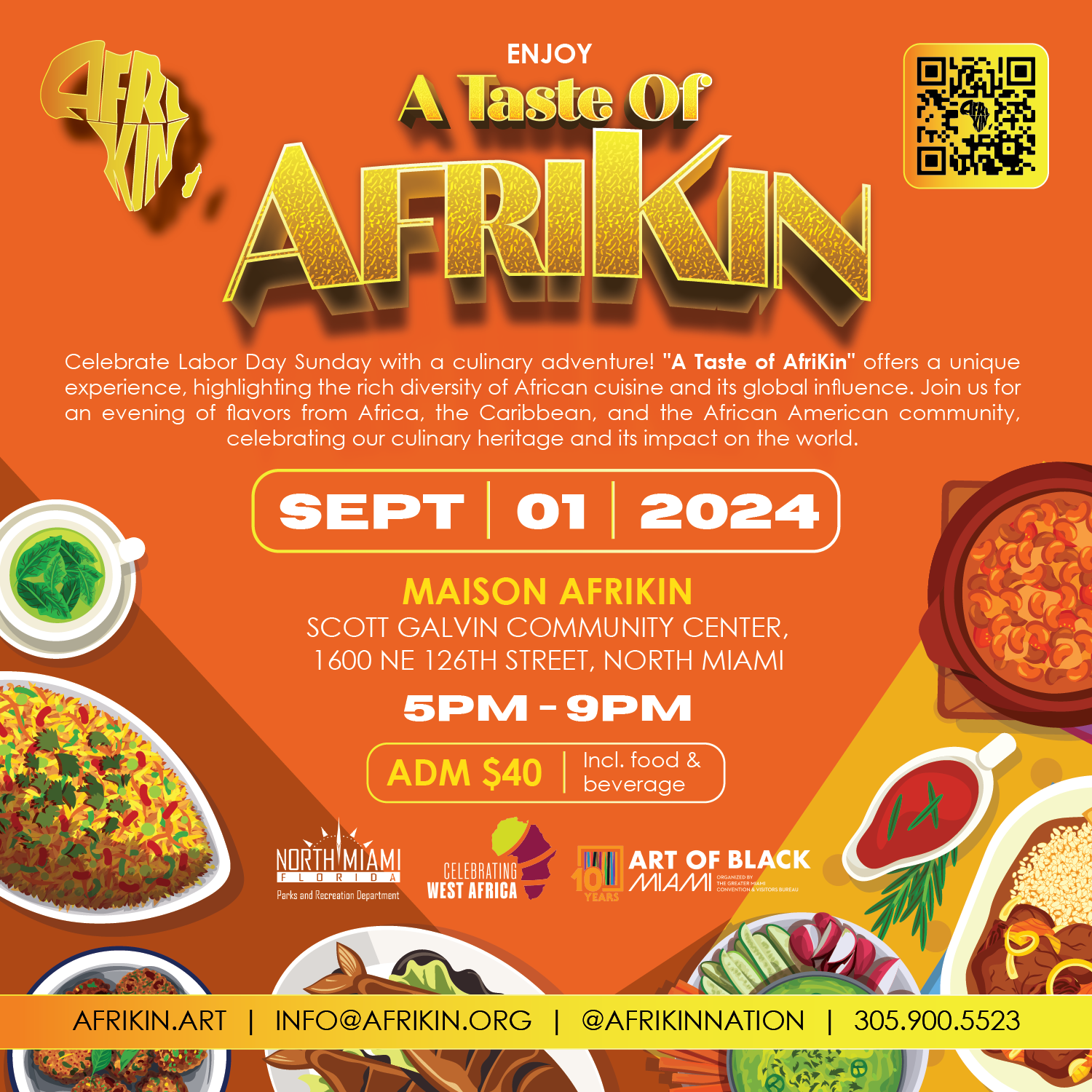The Silent Struggle: Unpacking the Strong Black Woman and Man Stereotypes and Their Impact on Mental Health
In the heart of our communities, the strength of Black men and women has often been lauded as a cornerstone of resilience and endurance. However, beneath the surface of this strength lies a complex web of cultural pressures, mental health challenges, and growing tension between these identities. As society continues to evolve, it is crucial to examine the stereotypes of the “strong Black woman” and the “strong Black man,” their impacts on mental health, and explore pathways towards mutual support and healing.
The “Strong Black Woman” Stereotype
The “strong Black woman” stereotype is rooted in historical contexts where Black women have had to navigate a world rife with racial and gender discrimination. This archetype portrays Black women as resilient, self-sufficient, and unbreakable. While it acknowledges their remarkable strength, it often overlooks the emotional and psychological toll it takes.
Black women are frequently expected to shoulder immense burdens without complaint, leading to a culture of silence around their mental health needs. This can result in untreated anxiety, depression, and other mental health conditions. The pressure to maintain this facade of strength can be overwhelming, leaving little room for vulnerability and self-care.
The “Strong Black Man” Stereotype
Similarly, the “strong Black man” stereotype emphasizes toughness, emotional restraint, and an unwavering ability to provide and protect. This image, while intended to convey resilience, often traps Black men in a cycle of suppressed emotions and unaddressed mental health issues. The cultural expectation to “man up” discourages seeking help, expressing vulnerability, or discussing mental health struggles.
The consequence is a silent epidemic of mental health challenges among Black men, including higher rates of depression, anxiety, and even suicide. The societal expectation to be perpetually strong can create an isolating experience, making it difficult for Black men to seek the support they need.
The Growing Tension
The stereotypes of the strong Black woman and man not only impact individuals but also contribute to a growing tension between Black men and women. The pressure to uphold these ideals can create misunderstandings, miscommunication, and an inability to connect on deeper emotional levels. The cultural expectations placed on both can lead to unrealistic standards and frustrations when those standards are not met.
Bridging the Gap
To foster closer relationships and mutual understanding, it is essential to address these stereotypes and provide tools for growth and connection:
- Encourage Open Dialogue: Create safe spaces for open and honest conversations about mental health, emotions, and personal struggles. Encourage vulnerability and validate each other’s experiences.
- Seek Professional Help: Promote the importance of mental health resources tailored to the Black community. Therapists who understand cultural nuances can provide invaluable support. Resources like the Black Emotional and Mental Health Collective (BEAM) and Therapy for Black Girls offer directories and support systems.
- Prioritize Self-Care: Encourage self-care practices that acknowledge and address mental health needs. This includes physical activity, meditation, creative outlets, and time for rest and rejuvenation.
- Educate on Emotional Intelligence: Workshops and educational programs on emotional intelligence can help both men and women understand and manage their emotions better. This can lead to healthier communication and relationships.
- Community Support: Foster community programs that emphasize collective healing and support. Group therapy, support groups, and community wellness events can provide a sense of belonging and shared understanding.
- Challenge Stereotypes: Actively challenge and dismantle harmful stereotypes by celebrating diverse expressions of strength and vulnerability. Highlight stories that show the full spectrum of Black experiences.
The stereotypes of the strong Black woman and man, while rooted in a history of resilience, can create significant mental health challenges and cultural pressures. By acknowledging these issues and fostering open dialogue, seeking professional help, and prioritizing self-care, Black men and women can build stronger, more empathetic connections. In doing so, they can navigate their shared struggles and grow closer together, embracing their vulnerabilities as a source of true strength.
One perfect love,
Alfonso

